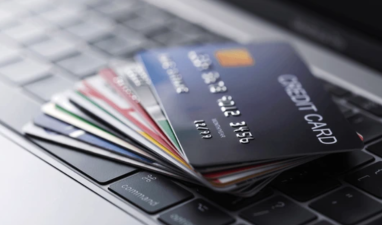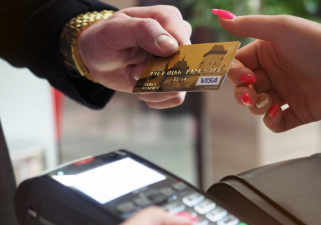With an increasing variety of payment options, credit cards, thanks to their convenience and flexibility, have become an essential tool for everyday consumption.
However, like a double-edged sword, credit card use, while offering numerous conveniences, also carries potential risks. Understanding the pros and cons and adhering to the precautions for using credit cards is key to their effective use.
The advantages of credit cards are particularly prominent in daily consumption and money management

- Convenience is the most obvious advantage of credit cards.
Whether shopping at a mall, dining at a restaurant, or paying online, transactions can be completed with a simple swipe of a card or scan of a QR code, eliminating the need to carry large amounts of cash. This is both safe and efficient. Especially when traveling, credit cards can eliminate the hassle of exchanging foreign currency, and most credit cards support international payments, greatly enhancing travel convenience.
- Credit cards provide a buffer for short-term cash flows.
When faced with unexpected spending needs (such as appliance repairs or medical expenses) and a temporary shortage of funds, a credit card's overdraft feature can provide an immediate solution. Simply repay the balance in full by the due date to enjoy an interest-free period, preventing short-term cash shortfalls from impacting your daily life.
- Proper credit card use can also improve your credit history.
On-time payments are included in your credit report. A good credit record is crucial for applying for financial services like mortgages and car loans, becoming the "hidden treasure" of your credit system. Some credit cards also come with a wealth of benefits, such as points redeemable for gifts, airline mileage accrual, gas discounts, and VIP airport services, providing users with additional spending benefits.
Many people say credit cards are bad, but this is a misconception. When used properly, credit cards can be extremely convenient for our daily lives. If we have temporary financial difficulties, we can use a credit card to advance payments and address immediate needs without having to borrow money and risk damaging relationships with friends and family. However, be mindful: spend wisely and avoid overdue payments.

To use credit cards wisely, keep the following in mind:
- Control your spending limit and avoid overdrafts.
Develop a spending plan based on your income level and repayment capacity, keeping credit card spending within an affordable range. Avoid impulsive purchases that exceed your needs. Regularly review your bill details to clearly understand your spending. 2. Pay your balances in full and on time to maintain good credit.
Remember your credit card billing and due dates, and try to pay in full within the interest-free period to avoid incurring interest and late fees. If you truly cannot pay in full, you can choose the minimum payment or installment plan (be aware of the installment fee). However, avoid relying on the minimum payment for extended periods to prevent your debt from spiraling out of control.
- Safeguard your credit card information to prevent fraudulent use.
Do not disclose sensitive information such as your credit card number and security code. Do not use your credit card on unauthorized websites or devices. Check your credit card statements regularly. If you notice any unusual transactions, contact your bank immediately to freeze your account and report them to the police.
- Choose a credit card wisely and avoid applying for a card blindly.
Credit card benefits, annual fee policies, and interest-free periods vary from bank to bank. Choose the right credit card based on your needs (such as your daily spending scenarios and preferred benefits). Avoid blindly applying for multiple credit cards, often tempted by offers like "card sign-up gifts," which can lead to management confusion.
